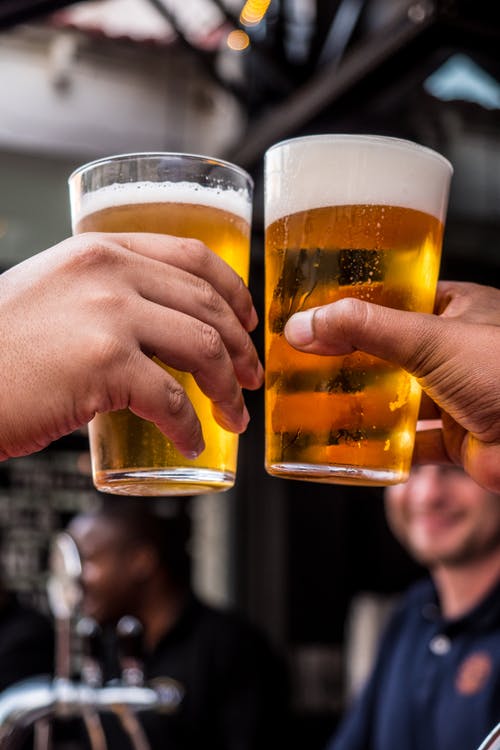Differentiating between abuse and addiction is vital in recognizing the severity of substance use and seeking appropriate help.
While substance abuse involves misuse or excessive use, addiction highlights a complex physical and psychological dependence.

Here are some signs to help you tell when abuse has progressed into addiction.
Compulsive Drug Craving and Use
An irresistible desire to use drugs is a prominent sign of addiction, even when it causes negative consequences. The individual may feel overpowered to use drugs regularly and find it difficult to control or stop.
Loss of Control
As addiction forms, individuals find limiting or regulating their drug intake increasingly challenging. Despite spotting the negative impact on various aspects of their lives, they may have unsuccessful attempts at cutting down or quitting.
Withdrawal Symptoms
When drug use is abruptly stopped or reduced, individuals with addiction often experience withdrawal symptoms. These symptoms can vary depending on the substance used, including fatigue, irritability, nausea, anxiety, insomnia, and intense cravings.
Tolerance Development
Addiction is characterized by needing larger doses of substances to achieve the desired effects. Over time, the body adjusts to its presence, leading to tolerance. This can be a sign that abuse has morphed into addiction.
Neglecting Responsibilities and Interests:
As addiction takes hold, individuals may prioritize substance abuse over essential responsibilities like work, family, or social commitments. They may become uninterested in activities they once enjoyed.
Continued Use Despite Consequences
Despite experiencing adverse consequences such as relationship, financial, health, and legal issues, individuals with addiction persist in their substance use. It becomes their primary focus, even at the expense of their lives.
Physical and Psychological Changes:
Addiction often causes physical and psychological changes. These can include changes in appearance, mood swings, weight loss or gain, increased secrecy or isolation, deteriorating mental health, and declining cognitive abilities.
Identifying the signs that abuse has progressed into addiction is essential for timely intervention and seeking appropriate help. If you know someone showing these signs, assist them in contacting healthcare professionals, addiction specialists, or support groups to explore treatment options.
Remember, addiction is a complex condition, but recovery is possible with the right support and treatment.




